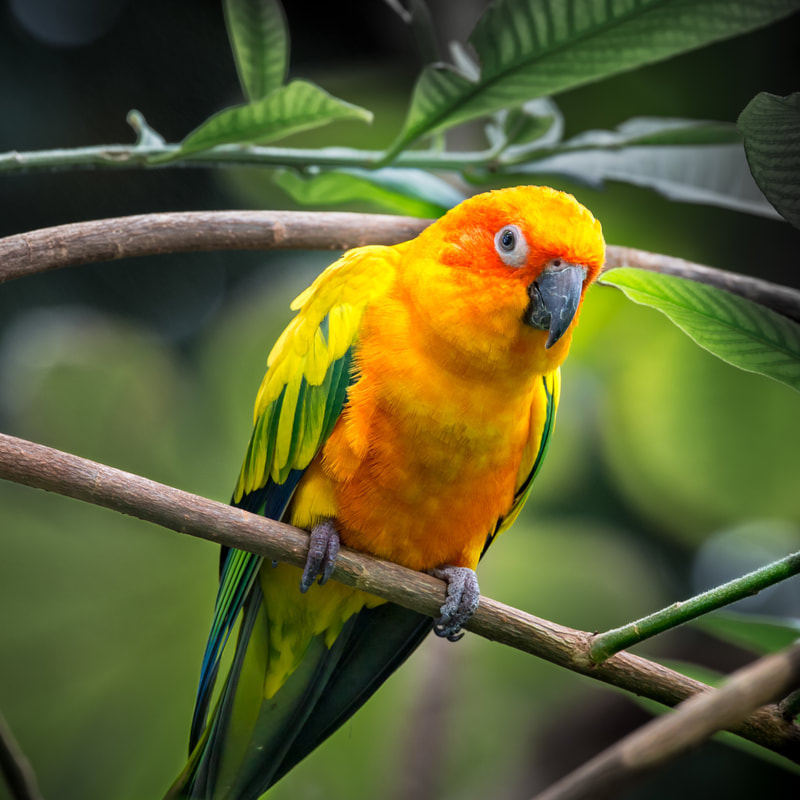Parrot - Care Sheet
|
- Home
- About
-
Services
- Our Services >
- Animals We Treat
-
Animal Care Sheets
>
- Aquatic Turtles
- African Clawed & Dwarf Frog
- Bearded Dragon
- Blue Tongued Skink
- Boas & Pythons
- Box Turtles
- Canary/Finch
- Chameleon
- Chickens
- Chinchilla
- Crested Gecko
- Ferret
- Green Iguana
- Guinea Pig
- Hedgehog
- Kingsnakes & Milksnakes
- Leopard Gecko
- Nutrition for Psittacine Birds
- Parrot
- Pot Bellied Pig
- Rabbits
- Rats
- Sugar Glider
- Tortoises
- UVB Lighting for Reptiles
- White's Tree Frog
- Contact Us
- Directions
- Blog

